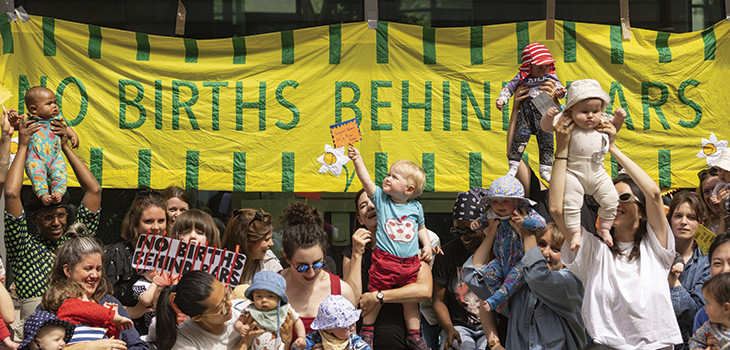
- Recent deaths of babies born in custody have sparked calls to further limit or prohibit the incarceration of pregnant offenders.
- As of 1 April this year, most offence-specific sentencing guidelines include a dedicated mitigating factor: ‘pregnancy, childbirth and post-natal care’. But this may not be enough to protect the rights and safety of pregnant and post-natal offenders.
Rianna Cleary, aged 18, gave birth to her daughter alone in her cell at HMP Bronzefield. She had made two calls to prison staff for help, but these had gone unanswered. Later, a prison officer who shone a torch into her cell, where she was on her hands and knees in labour, simply continued on their rounds without stopping to help or raising the alarm. Once she had delivered her baby, Ms Cleary was forced to cut the umbilical cord by biting it off. In the morning, the baby, Aisha, was found dead in her arms.









